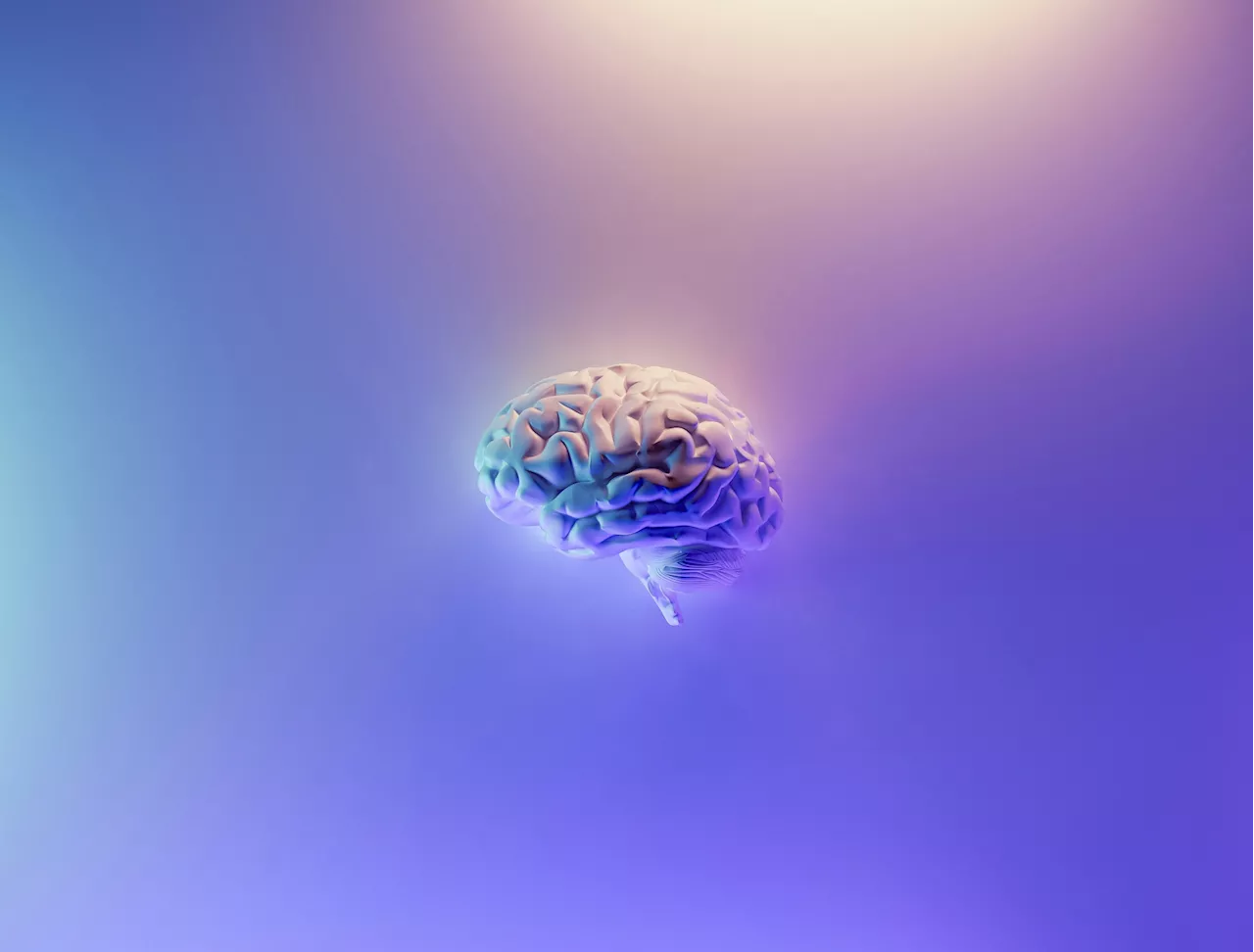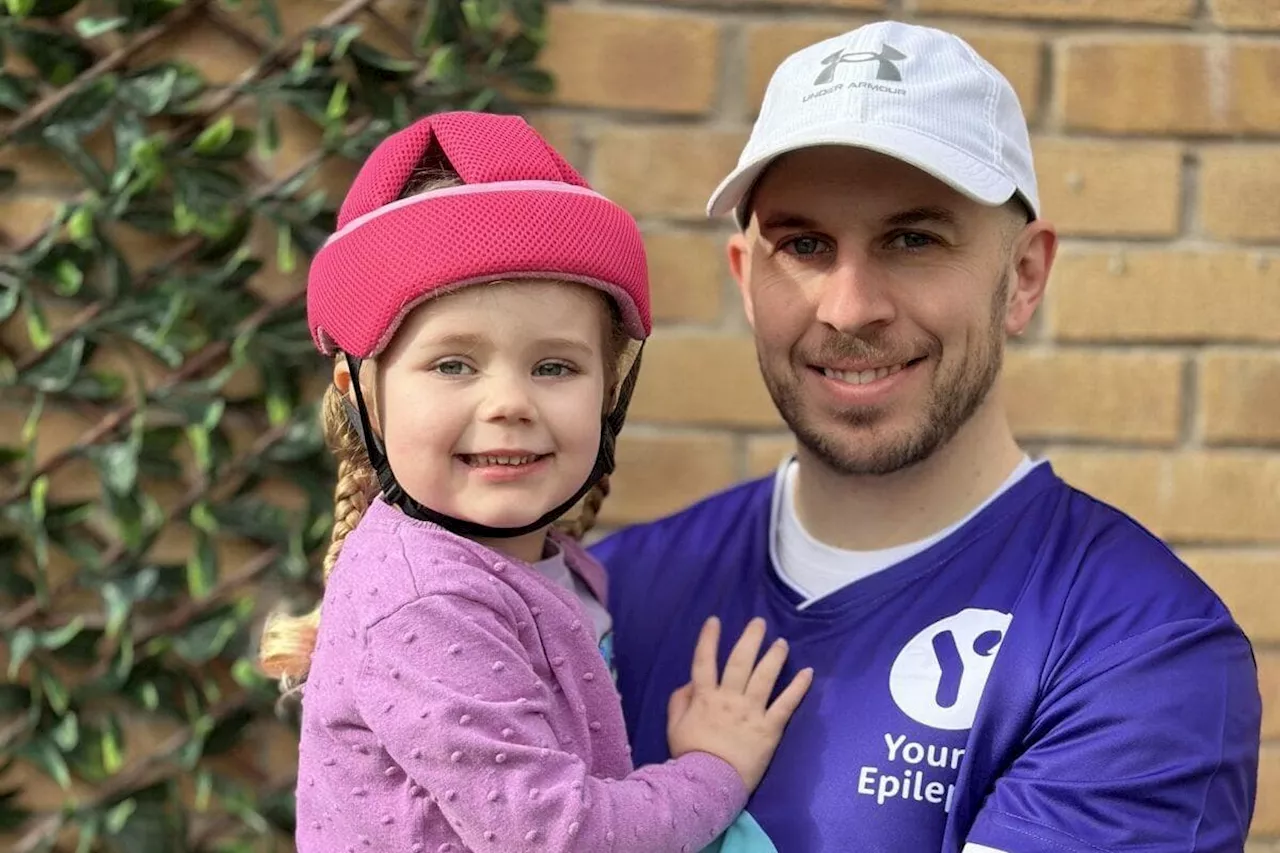Epilepsy is a brain disorder that causes recurring seizures.
It is one of the most common neurological diseases, and it affects approximately 50 million people worldwide, according to the World Health Organization. In 2023, nearly 450,000 children in the United States were diagnosed with the disease.
The Weston lab is particularly interested in a gene called KCNT1. This specific segment of DNA carries the instructions for a protein that forms an ion channel that acts like a tiny gate embedded in the membrane of neurons to control the flow of potassium ions. We're using mouse models with the exact same KCNT1 mutations that cause severe and untreatable epilepsy in kids. By closely examining these models, we hope to discover a path to therapeutic intervention."
By looking at the neurons in the brains of these models, Weston aims to uncover fresh perspectives on the alterations in neuronal function induced by KCNT1 mutations, resulting in heightened excitability and seizure occurrence. More importantly, he hopes to pinpoint the neuron types most susceptible to these changes, potentially guiding the development of innovative treatment strategies.
Research Brain Children Epilepsy Gene Mouse Model Mutation Neuron Neurons Seizure
Canada Latest News, Canada Headlines
Similar News:You can also read news stories similar to this one that we have collected from other news sources.
 Epilepsy drug prevents brain tumors in mice with neurofibromatosis type 1A drug used to treat children with epilepsy prevents brain tumor formation and growth in two mouse models of neurofibromatosis type 1 (NF1), according to a study by researchers at Washington University School of Medicine in St. Louis.
Epilepsy drug prevents brain tumors in mice with neurofibromatosis type 1A drug used to treat children with epilepsy prevents brain tumor formation and growth in two mouse models of neurofibromatosis type 1 (NF1), according to a study by researchers at Washington University School of Medicine in St. Louis.
Read more »
 Exploring ethical and legal ramifications of growing brain organoids from human fetal brain tissueBrain organoids, though often referred to as 'mini brains,' are not truly human brains. But the concerns over these lab-grown brain tissues, especially when they are developed from human fetal tissues, can be very human indeed.
Exploring ethical and legal ramifications of growing brain organoids from human fetal brain tissueBrain organoids, though often referred to as 'mini brains,' are not truly human brains. But the concerns over these lab-grown brain tissues, especially when they are developed from human fetal tissues, can be very human indeed.
Read more »
 Intervention after first seizure may prevent long-term epilepsyOnly a very small percentage of neurons show changes after an epileptic seizure in mice, but these alterations can be permanent and trigger future seizures that can affect the whole brain and lead to impaired cognition, like memory and learning, according to new research from the Perelman School of Medicine at the University of Pennsylvania.
Intervention after first seizure may prevent long-term epilepsyOnly a very small percentage of neurons show changes after an epileptic seizure in mice, but these alterations can be permanent and trigger future seizures that can affect the whole brain and lead to impaired cognition, like memory and learning, according to new research from the Perelman School of Medicine at the University of Pennsylvania.
Read more »
 St Annes resident gearing up for London Marathon to raise funds for his daughter battling epilepsyFylde Coast resident Chris Blower is set to tackle the iconic London Marathon in April this year, not just for personal accomplishment, but in support of his daughter, Lyla, who is bravely fighting a very rare and aggressive form of epilepsy.
St Annes resident gearing up for London Marathon to raise funds for his daughter battling epilepsyFylde Coast resident Chris Blower is set to tackle the iconic London Marathon in April this year, not just for personal accomplishment, but in support of his daughter, Lyla, who is bravely fighting a very rare and aggressive form of epilepsy.
Read more »
 Study: Epilepsy patients benefit from structured 'seizure action plans'A new 16-week study of 204 adult epilepsy patients found that 98% of participants believe that all patients with epilepsy should have a seizure action plan (SAP), regardless of seizure status.
Study: Epilepsy patients benefit from structured 'seizure action plans'A new 16-week study of 204 adult epilepsy patients found that 98% of participants believe that all patients with epilepsy should have a seizure action plan (SAP), regardless of seizure status.
Read more »
 Transformative epilepsy surgery gives artist new lease on lifeArtist Syril Strickler was 47 when she had her first epileptic seizure, waking up in the hospital after neighbors found her unconscious in the street.
Transformative epilepsy surgery gives artist new lease on lifeArtist Syril Strickler was 47 when she had her first epileptic seizure, waking up in the hospital after neighbors found her unconscious in the street.
Read more »
